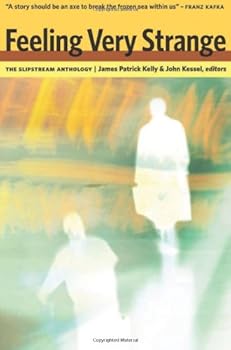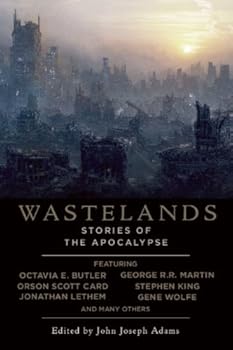The Fortress of Solitude by Jonathan Lethem
There are some beautiful moments in The Fortress of Solitude — moments of crystalline description, of poetic evocation of time and place, moments of heartbreaking human interaction. But for me, these moments just didn’t hold together long enough or happen often enough.
The Fortress of Solitude follows Dylan Ebdus, known as “whiteboy” to those around him on Dean Street due to the rarity of his skin color, as he grows up and out of the Brooklyn neighborhood.
Read More

 (1964- )
(1964- )











COMMENT Was I hinting that? I wasn't aware of it. But now that you mention it.... 🤔
So it sounds like you're hinting Fox may have had three or so different incomplete stories that he stitched together,…
It's hardly a private conversation, Becky. You're welcome to add your 2 cents anytime!
If the state of the arts puzzles you, and you wonder why so many novels are "retellings" and formulaic rework,…
I picked my copy up last week and I can't wait to finish my current book and get started! I…